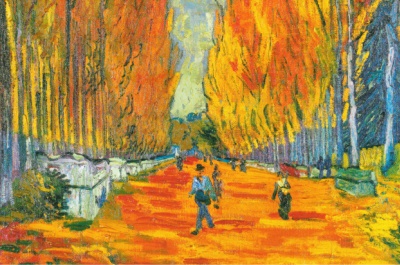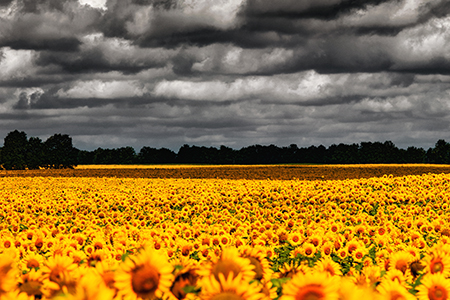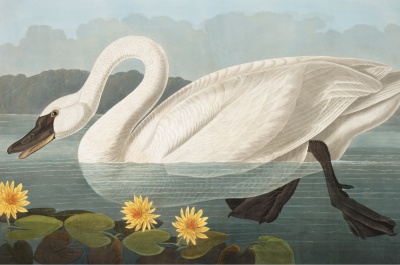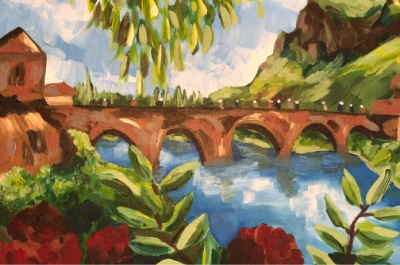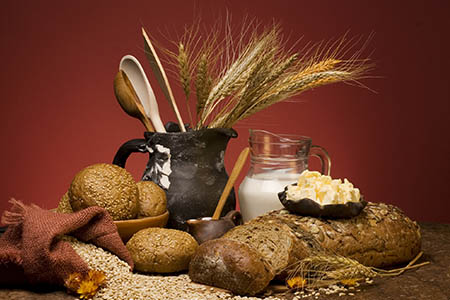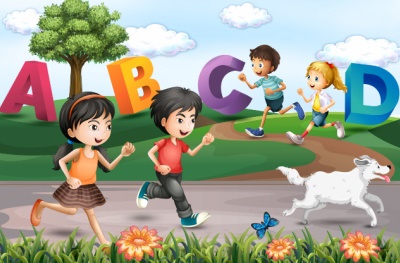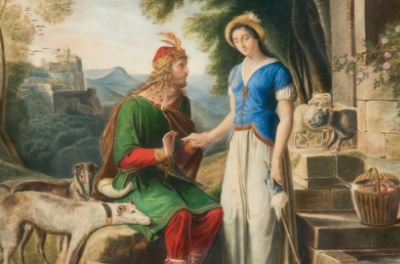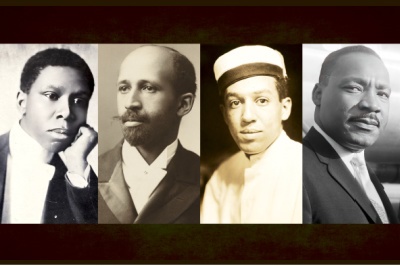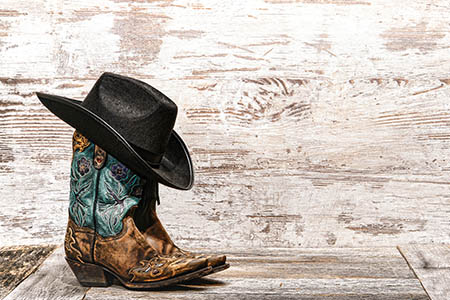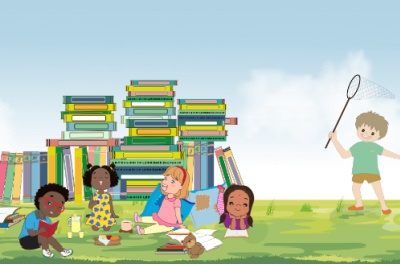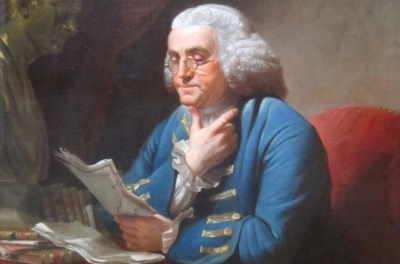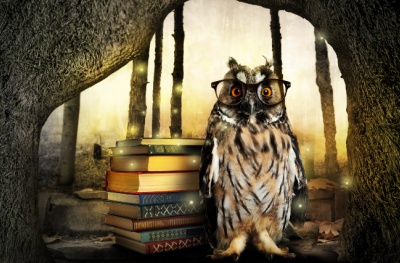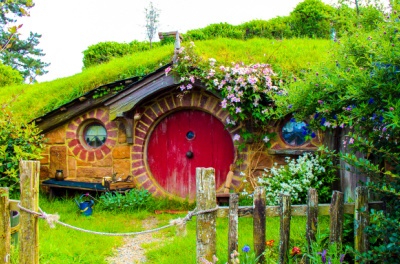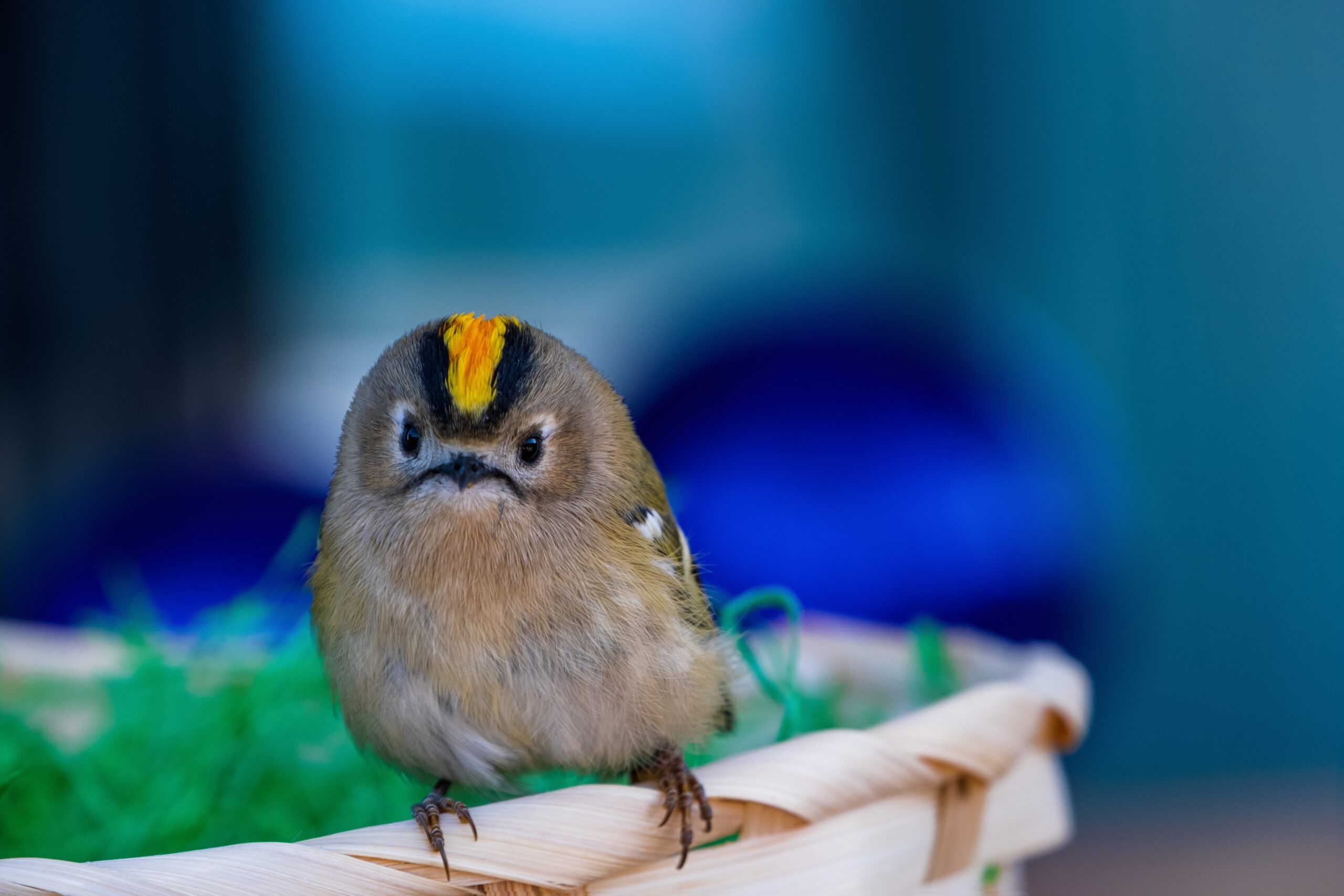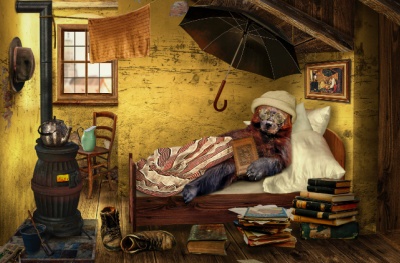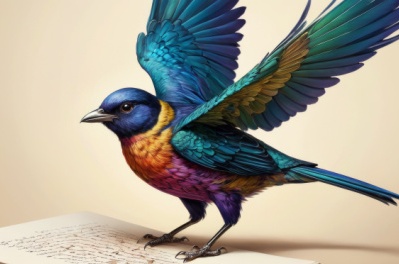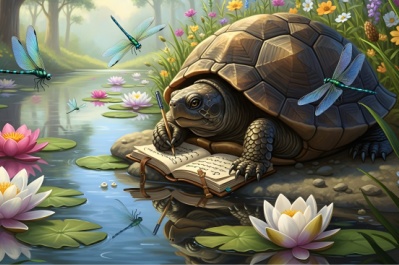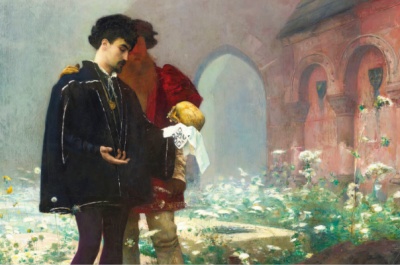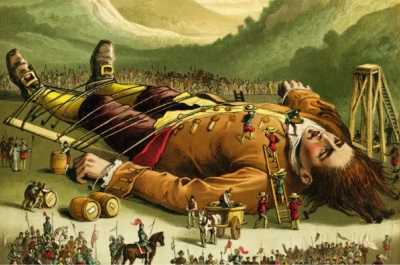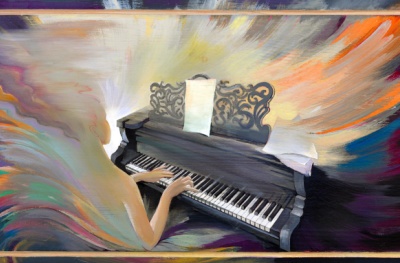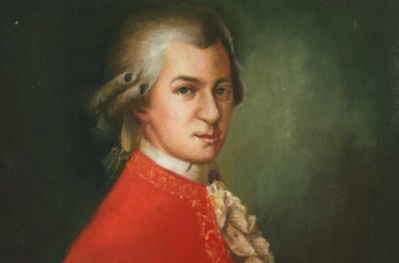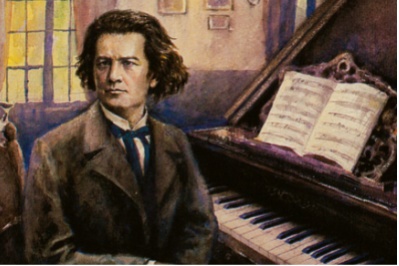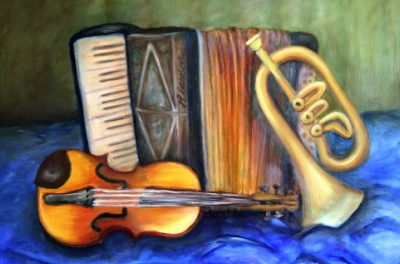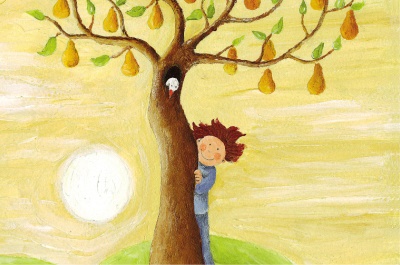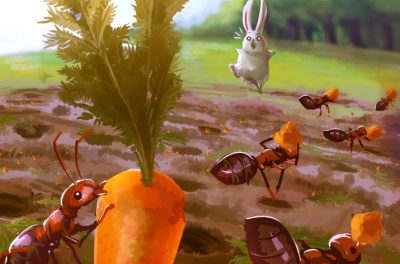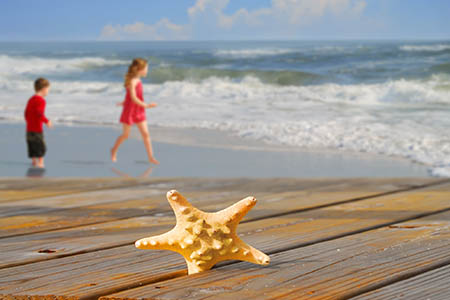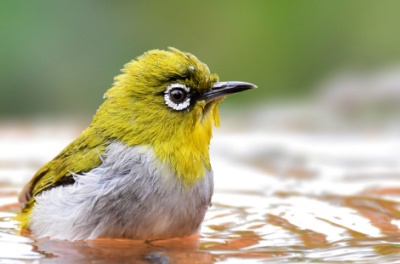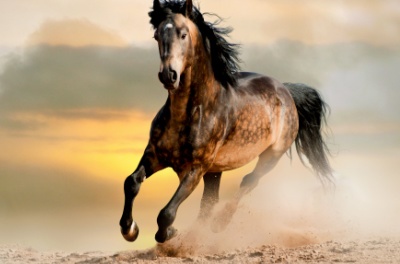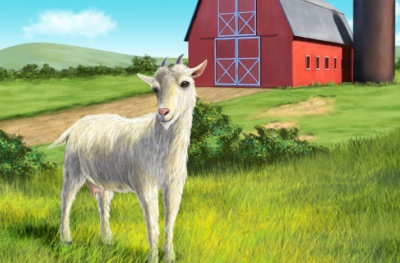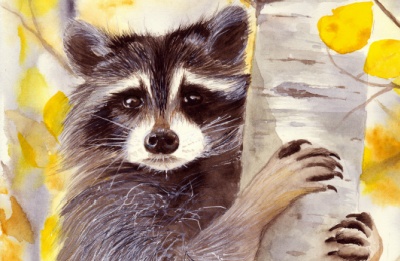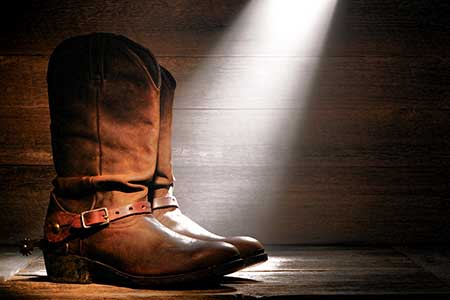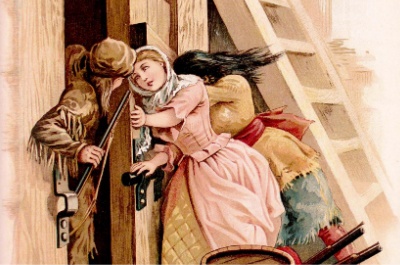Charlotte Mason Homeschooling Center
Charlotte Mason Education: A Time-Tested Approach for Modern Homeschoolers
Have you heard about Charlotte Mason as an education model but aren’t quite sure what it’s all about? This gentle yet rich educational philosophy has been capturing the hearts of homeschooling families for generations—and for good reason!
Charlotte Mason (1842-1923) was a British educator who championed the idea that children are whole individuals with innate curiosity and capacity for understanding complex concepts. Her approach emphasizes living books (real literature instead of textbooks and workbooks), nature study, short, focused lessons, narration (having children tell back what they’ve learned), and plenty of time outdoors. Mason developed her methods in the late 19th century, but her ideas about authentic learning experiences and honoring each child’s unique potential resonate deeply with today’s parents seeking a more meaningful educational experience for their children.
In recent years, Charlotte Mason’s philosophy has experienced a major “education revival” among homeschoolers looking for an alternative to worksheet-heavy curricula. Many families appreciate how this approach nurtures a genuine love of learning while developing critical thinking skills through engagement with quality literature and real-world experiences.
Charlotte Mason Education at SchoolhouseTeachers.com
A number of our courses include a Charlotte Mason component. Below is a list of the ones that most closely align with her method. If you use a course here on ST with a Charlotte Mason component that you don’t see listed underneath the yellow tree graphic, let us know! And, if you would like to share with our readers how you use SchoolhouseTeachers.com to enhance your Charlotte Mason Schoolhouse, we may publish it! Email SchoolhouseTeachers.com’s Executive Director, Carolyn VanGorkom, at STdirector@theoldschoolhouse.com. Now, on to the Charlotte Mason courses!
Featured Resource
Looking for more information on Charlotte Mason homeschooling? Be sure to check out our Charlotte Mason Homeschool Help page filled with eBooks, articles, and courses that can help you get started using the Charlotte Mason method.
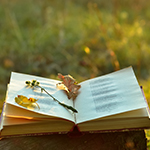
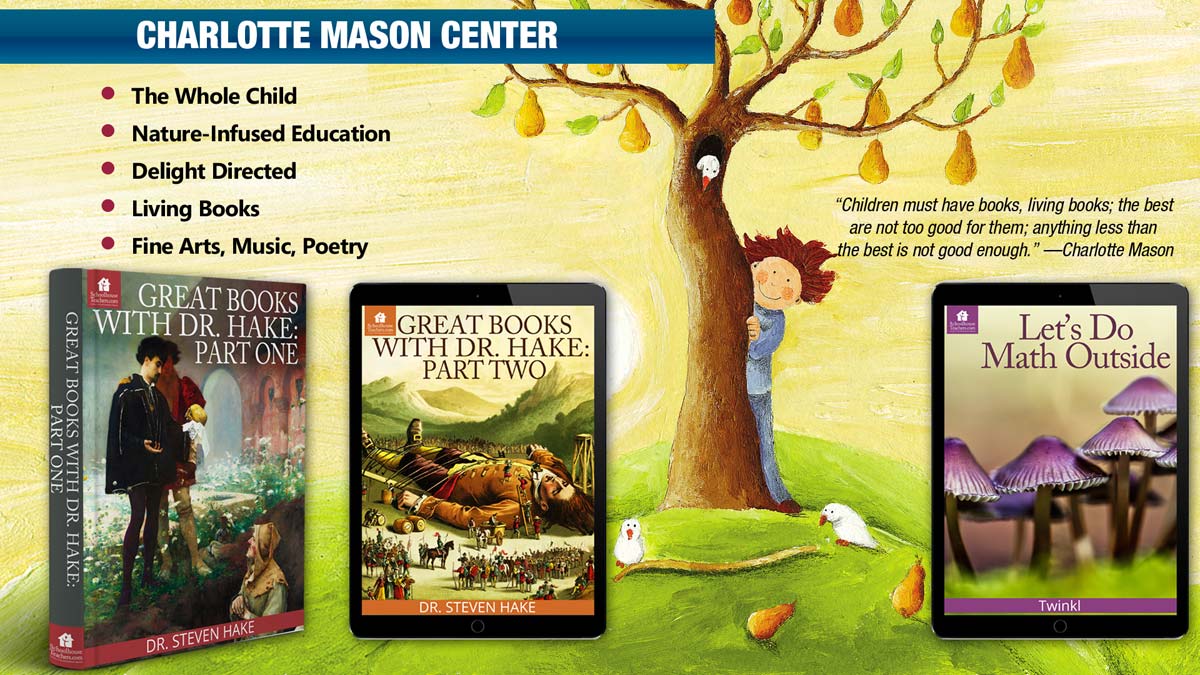
Art
Achieving Art Success with ArtAchieve: These art lessons teach your students how to create works of art, but they don’t stop there. They incorporate history, geography, social studies, literature, and even math and science in as many ways as possible to interest the non-art student in art and interest the art student in other important subjects. There are short videos, printable guides, cross-curricular ideas, and more!
A Century of Art: Each lesson in A Century of Art explores the unique elements that contribute to the particular style, including the history, and introduces students to key artists of the time period. Each also includes an art project to familiarize students with the style. Numerous opportunities for students to explore one or more styles more deeply are provided.
Art: The Timeless Treasure: Each lesson in Art: The Timeless Treasure discusses characteristics of the style; art, architecture, sculpture; artists and architects; and each lesson includes a wide variety of activities. Each also includes an art project to familiarize students with the style. Numerous opportunities for students to explore one or more styles more deeply are provided.
Learning About Art is a fun series of ten lessons specially designed to teach preschoolers and early elementary students about art. They’ll look at Audubon, Homer, Rousseau, and many other masters and learn about things like lines, movement, shapes, and more. They’ll also have a chance to make their own creative pictures. Much guidance is given, so there is no former knowledge of art required to present this class.
Let’s Do Art Outside: These fun supplements are perfect for any time you want to grab some schoolwork and head outside! Whether you are looking for a simple craft to do outside or an artistic challenge like creating art out of rocks and natural objects, you’ll find twenty worksheets ready to print and take outside!
Studio Art for Teens: Sharon Jeffus of Visual Manna showcases the work of her teen artists who are pursuing art as a ministry. More than fifty lessons are available in this art study. Each lesson is designed to be done in a one- or two-week period. Lessons teach artistic skills through the study and imitation of the masters.
Bible
Charlotte Mason believed in the importance of a child’s spiritual development, not only their academic knowledge. Studying the lessons the Bible teaches, the foundations for a life pleasing to God, and the steps necessary to developing a God-honoring character were an essential part of her approach to education. All of the Bible classes on SchoolhouseTeachers.com support these goals.
Drama and Speech
Reader’s Theatre presented by Susan Brown is a series of 76 short scripts designed to be read by two or more students. Memorization is not required because the focus on this form of drama is on reading the work with expression rather than reciting it. They are easily adapted to both single-child households and small groups. These scripts are a wonderful tool to increase reading skills, comprehension, speaking skills, and confidence.
Electives
Hands-On Learning Activities Through Crafts: How would you like to be able to combine fun crafts, multiple subjects, and a wide range of ages together in one fun activity? That’s exactly what Hands-On Learning Activities Through Crafts is designed to do. Bring the family together and study science, history, and more through these lessons.
Heritage Crafts are life skills that people in the past used to create art and live productive lives. We will be learning a lot about these life skills by making a variety of cornhusk dolls, writing with quills, making ink, drying apples, making candles, and more. This class is best done as a family, as some portions of the crafts require parental supervision.
Homesteading: If you’ve ever wanted to ditch the chemicals in your household cleaners, can what you grow or purchase at a farmer’s market, make your own gifts and candles, or learn how to do things the natural way, you need to see what Lisa Barthuly is teaching us in her Homesteading class. This ongoing course shares tips and detailed instructions that can enable you and your family to live more simply and naturally. Printables and some how-to videos are included with these weekly lessons.
Whole Foods Cooking with Sue Gregg: You probably already know our next teacher from her more than 900 recipes in the eight cookbooks she has published. Sue Gregg’s class begins with an introduction to whole foods cooking, her story, and an explanation of what children can learn about cooking at various ages. You’ll waste no time putting what you learn into practice by making blender cornbread, almond and coconut milk, almond coffee cake, and more!
Geography
Ayo’s Awesome Adventures Around the World for Kids: Ayo is an aardvark, an African mammal that eats ants and termites, and in this series of fun eBooks, he is also a tour guide traveling the world. He will introduce your children to the history and culture of Beijing, China; Buenos Aires, Argentina; Cape Town, South Africa; Chicago, United States; London, England; New York City, United States; Rabat, Morocco; St. Petersburg, Russia; Sydney, Australia; and Vancouver, Canada.
Let’s Visit Denmark is a geography and social studies course built around the children’s book Our Little Danish Cousin. The text of the book is included in the course for read-aloud time. The course explores the history, geography, and culture of the beautiful land of Denmark with reading and numerous hands-on activities.
Living Geography introduces students to a few of the many cultures and countries of the world through the story of Lucy, who is stuck inside while recovering from an illness. Printable activities focus on communicating key geography concepts to young students.
History
ABC with ME: Jen McNamara brings history to life for your littlest learners with a preschool history course focused on the ABCs! This twenty-six week preschool class introduces little ones to key figures in American history, one letter at a time. They’ll discover that A is for Abraham Lincoln, B is for Benjamin Franklin, and more. Each week includes information about the historic figure, suggested reading, a coloring sheet, and other helpful resources.
Age of Revolution: A series of thirty-four weekly lessons from TruthQuest History that explores God’s role in history from King James I to 1800.
American History in Picture Books is a series of history studies based on picture books. It is designed for young, struggling, or ESL readers. Each study includes activities and discussion questions, and some units also include suggested vocabulary. Multiple books are suggested for each topic.
Middle Ages History: A series of thirty weekly lessons from TruthQuest History that explores God’s role in history from the time of the barbarians to the time of Tamerlane.
Language Arts
African American Literature: This is an advanced high school literature course for students wishing to explore African American literature from the time of the North American slave narratives to modern plays and playwrights. Students will engage in a variety of learning through various audio/visual resources and multi-media technologies designed to cultivate an understanding of the themes of African American literature. Each student will record his or her experience with the course materials in a creative journal.
Adventures with Books includes suggested reading lists based on a theme and related activities you can do with your family to bring the stories to life. Activities and books for various ages are included, and themes include holidays, authors, and much more.
American Folklore is a semi-formal introduction to both folklore as a general subject and our own national treasury of folklore. Our focus will primarily be on stories, poems, and songs, but we will enjoy various aspects of our national folklife, as well. We will cover six regions of the country systematically after our opening study of American Indian folklore. The main purpose of this class is to enjoy learning about an often undervalued subject that not only is relevant to every American but that also connects with future studies of American literature and arts.
Around the World with Stories is a fun way to introduce preschoolers to opposites, taste, smell, texture, shapes, numbers, and more while taking them on a quick trip around the world with stops in Australia, India, Southwest Asia, China, Africa, Canada, Italy, and Mexico.
The Benjamin Franklin Writing Method taught by Cheri Blomquist explores how a man with limited educational opportunities became one of the literary lights of the nation. In this 24-week course your student will follow in Benjamin Franklin’s footsteps by borrowing his step-by-step study method to improve his/her writing. Each lesson will offer a different selection to study. Topics studied include active reading, notetaking, narration, analysis, and writing in a variety of literary genres.
Book Lists for Families: Michelle Miller, of the Children’s Preservation Library and Truth Quest History, compiles printable monthly suggested book lists in this ongoing series that explores everything from photography to travel, character development to history, spelling and grammar to Africa. Suggested reading levels are included for every topic.
Christian Values in J.R.R. Tolkien: This 18-week class leads your student on an in-depth study of six Tolkien works as well as a biography of the man behind the stories. These studies are designed to challenge your student to think deeply and critically about the truths presented. Two short papers and one longer paper (10-12 pages) are also required.
Creative Composition: This nine-week course provides students with daily assignments that challenge them to read and analyze a number of selections of literature and create their own composition using what they learn along the way.
Ditch the Desk: Enjoy some hands-on learning for your Kindergarten-5th graders with these twenty-four weekly or monthly unit studies that can help your Kindergarten-5th graders explore the world around them–without being tied to a desk. Topics include authors or illustrators, backyard critters, baking with math, banishing boring book reports, birds, the life of frontier photographer Evelyn Cameron, fairy tales, growing up Dutch, the ocean, the weather, and even candy canes! You can learn about everything from space to the Renaissance (you can even throw your own Renaissance festival)!
Elementary Writing with Structure: This elementary writing course is designed to engage students’ imaginations and teach them to transform their imaginings into written form, to teach the basics of writing a variety of fiction and non-fiction styles, and to guide students in the writing process.
Essay Writing 101 will begin with a look at the writing process and then continue with a study of common essay forms including expository, biographical, descriptive, personal experience, eyewitness report, and cause and effect. It will look at the purpose and elements of each and provide rubrics for self-evaluation.
Everyday Copywork brings your student penmanship practice, in both print and cursive, through copying Bible portions, excerpts of literature, foreign language selections, and much more. There are many different lengths, and the copywork varies in difficulty, so it is suitable for many ages. There are also a few copywork selections available in Spanish, helpful for students who wish to practice their Spanish language skills or Spanish-speaking students who wish to practice their handwriting skills. You will also find alphabet worksheets for the little ones who are just learning to print. Help your student improve his/her penmanship with more than 175 copywork selections in both print and cursive.
Experiencing Epics and Poetry is a basic introduction to various poetic forms for middle school students. Ample opportunities to read and write poetry are included, as well as opportunities to identify numerous poetic elements and devices.
Exploring Creative Writing answers questions such as: “What exactly is creative writing, and what does good creative writing look like? What are some tools writers have at their disposal to master words and put them in their proper places?” In this course, students will learn to employ various tools and develop a style of their own—one that helps them define, in their own beautiful words, what creative writing means to them.
Exploring Poetry with Notebooking is a more in-depth study of poetry, asking children to begin looking at the meaning of the poems. Attention is given to using the context of the poems to define unknown words. Students can begin playing with language and writing their own poetry in a non-threatening way. Students become closer acquainted with poetry by using it as a foundation for dictation. When students read and write quality literature, they become better writers themselves. They begin to integrate those skills into their own writing. This homeschool poetry curriculum studies 20 poems by various authors.
Fundamental Elements of Literature and Composition: This course combines a study of classic literature with a study of composition, helping students both analyze and create written compositions. Literature ranging from short stories to plays are explored.
Great Books, Part One: This 17-week class leads your student on an in-depth study of several of the books included in the Great Books of the Western World series published by Britannica. These studies are designed to challenge your student to think deeply and critically about the truths presented. Two short papers and one longer paper (10-12 pages) are also required.
Great Books, Part Two: This 18-week class leads your student on an in-depth study of several of the books included in the Great Books of the Western World series published by Britannica. These studies are designed to challenge your student to think deeply and critically about the truths presented. Two short papers and one longer paper (10-12 pages) are also required. Completion of Great Books: Part One is not required.
Literature: Adam Andrews, the Director of the Center for Literary Education, offers thirty-five literature studies for various ages. Studies range from picture books to C.S. Lewis classics. Discussion questions can be adjusted to fit the grade level of your child.
Loving Literature through Chapter Books: Do you love literature? So do we! The staff of The Old Schoolhouse® have chosen their favorite books to share with you in our Loving Literature through Chapter Books language arts curriculum. Each book-length unit study will provide your family with the opportunity to read and explore a different chapter book. Whether you choose to study one or all of the novels included in the course, we know that you will love these books as much as we do.
Opening the Door to Poetry: This nine-week introduction to poetry is specifically designed for the student who has not read much poetry in the past. It explores how to read and think about poetry, various poetic forms, vocabulary, literary devices, memorization, writing, and more.
Schoolhouse Spelling: Schoolhouse Spelling has word lists for grades K–12, divided into skill lists appropriate for each grade level. From simple CVC words (kindergarten) to multi-syllable scientific terms (grade 12), there’s a word list for every week of the school year and for every grade. Whether you choose skills you wish to work on or progress through the basics at your own pace, there are additional activities, worksheets, and video flashcards for each level.
Selected Works of Charles Dickens: This course examines five classic Charles Dickens’ works as well as a biography of the author. Taught by Dr. Steven Hake, the Chair of the Department of Classical Liberal Arts and Director of the Literature major at Patrick Henry College in Purcellville, Virginia, this advanced literature course studies the motivations of author Charles Dickens, his development as an author, and the themes of several of his major works. There are discussion questions in the form of weekly written assignments for the student to complete, along with one-page journal entries and a ten-page final paper.
Worldviews in Literature: This course examines worldviews and how they manifest themselves in literature. Taught by Dr. Steven Hake, the Chair of the Department of Classical Liberal Arts and Director of the Literature major at Patrick Henry College in Purcellville, Virginia, this advanced literature study will look at how authors have answered the “big questions” of philosophy. There are discussion questions in the form of weekly written assignments for the student to complete, along with one-page journal entries and a ten-page final paper.
Math
Hands-On Math Help with Cuisenaire Rods is designed to empower parents to help their children learn. Its purpose is to help parents of students in preschool-3rd grade make math enjoyable instead of frustrating. Through a free app and weekly tutorial videos, Philip Rowlands shows parents how to teach math in a manner that involves play, directed activities, open-ended tasks, and challenges. It is designed to work with Cuisenaire rods, but instructions for making your own set are included if you do not currently have them.
Let’s Do Math Outside: These fun supplements are perfect for any time you want to grab some schoolwork and head outside! Whether you are counting bugs, photographing 3D shapes, discovering angles, or going on a weights and measures scavenger hunt, you’ll find dozens of worksheets ready to print and take outside!
Music
Advanced Music Theory: This advanced music theory course is designed for the student who has already mastered the skills presented in Music Theory I and II. It explores scales, intervals, chords, and modes, providing students with a firm understanding of music theory.
Composing with the Masters is an advanced music course designed to help students recognize elements in compositions from various masters and begin to incorporate them into their own musical compositions. Composers from medieval through modern times are studied.
Great Musicians: This course is based on a series of short books originally published in the early 1900s about twelve great musicians. Each book is written in simple, easy-to-understand language that brings the musicians to life for the readers. Each book concludes with simple comprehension questions and an optional story activity.
Music Theory I & II: Music is a language, and in order to fully appreciate it, one first needs to understand how it works. Each sixteen-week course teaches key terminology and concepts in music theory and illustrates these concepts with pieces of classical music.
Science
Botany: Plant Science and Field Studies: Throughout this nine-week Botany: Plant Science and Field Studies homeschool course, students use a journal/notebook to record vocabulary words and their definitions. They provide short paragraph answers to some questions as well as look more deeply into a few topics covering the science of plants. Students have the opportunity to perform experiments, demonstrations, and observations through field study of plants.
Charlotte Mason Preschool: Join Brittney Jordan for six four-week units that explore nature study themes and incorporate activities such as handicrafts, art, and living books to help you and your littlest ones enjoy purposeful play and fun time together.
Curious Science: From diamonds to quicksand, slime eels to fire ants, this 2-year (72-week) science series incorporates eighteen one-month unit studies that will intrigue, surprise, and fascinate students and parents alike. Designed for elementary grades, each unit includes language arts, math, science, art, Bible, and history for 3rd-4th grade, as well as activities for both younger and older students as well.
Daily Discoveries: Yvonne Blake brings an ongoing series of unit studies that explore various environments such as the forest, the seashore, and ponds. Each environment is studied for four weeks, with each week containing reading material, vocabulary exercises, math, writing prompts, and an activity.
Exploring God’s World with Kindergarten Science combines young children’s love of animals and nature with easy-to-follow short stories and tons of hands-on activities. From flowers to flies and cats to coal, enjoy ninety bite-sized lessons, conduct experiments, and have fun!
Exploring God’s World with First Grade Science is a 34-week introduction to science for first grade. It includes text, experiments, activities, extension activities, and links to further resources.
Exploring God’s World with Second Grade Science: What are the planets like? How do the oceans work? What makes up a living thing? Exploring God’s World with Second Grade Science helps answer some of the myriad of questions students ask. Satisfy their curiosity with the text-based course filled with fun lessons and activities!
Exploring God’s World with Third Grade Science: From birds to seasons to tides, this third grade science course explores topics in biology and physical science. Students will learn about animals, body systems, matter, rocks, and more! Lessons include enjoyable activities and fun, interactive experiments that will reinforce learning and engage even the most reluctant learner.
Exploring God’s World of Fourth Grade Science explores topics often taught in fourth grade including the scientific method, plants and animals, habitats and environments, the earth and solar system, and many other topics. This full-year course includes reading assignments, worksheets, quizzes, and optional labs for hands-on practice.
Exploring God’s World with Fifth Grade Science: This full-year course is designed to teach fifth grade students about the incredible creativity and diversity evident throughout creation. Through weekly lessons and reading assignments, comprehension questions, and periodic activities, students will study and explore the world around them.
Exploring God’s World with Sixth Grade Science: These online sixth grade science lessons include text to read as well as numerous online resources to explore and many hands-on experiments to help bring life science, earth science, and physical science to life.
Lapbooking Through Science: From farm animals to penguins, these mini science-themed lapbooks will introduce your younger students to human anatomy, healthy eating, and a variety of animals. Each lapbook includes basic lapbooking templates along with other activities.
Let’s Do Science Outside: These fun supplements are perfect for any time you want to grab some schoolwork and head outside! Whether you looking for a simple craft to do outside or an artistic challenge like creating art out of rocks and natural objects, you’ll find twenty worksheets ready to print and take outside!
Nature/Outdoors: Explore twenty-two different parts of nature, from traveling seeds to coyotes, rainbows to winter weather. Plenty of hands-on activities are provided in this nature and outdoors homeschool science course.
Science of Our Planet is a short, supplemental unit designed to help you introduce your younger elementary students to some of the basics of earth science. From natural resources to the atmosphere to ecosystems, students can discover amazing facts about God’s creation. Printable worksheets and hands-on activities are included.
Social Studies
Discovering American Folktales begins with an introductory lesson that helps parents and students explore what a story is and how different types of stories exist from around the world. It then moves into a fun and engaging look at the folktales of Johnny Appleseed, Paul Bunyan, Pecos Bill, John Henry, and Uncle Remus.
Stories of Great Americans for Little Americans is designed to not only bring history to life but to also build language through vocabulary activities, practice handwriting skills with copywork, apply the lessons of the story through Bible activities, help students learn about geography, improve reading comprehension, and foster creativity through hands-on projects.



